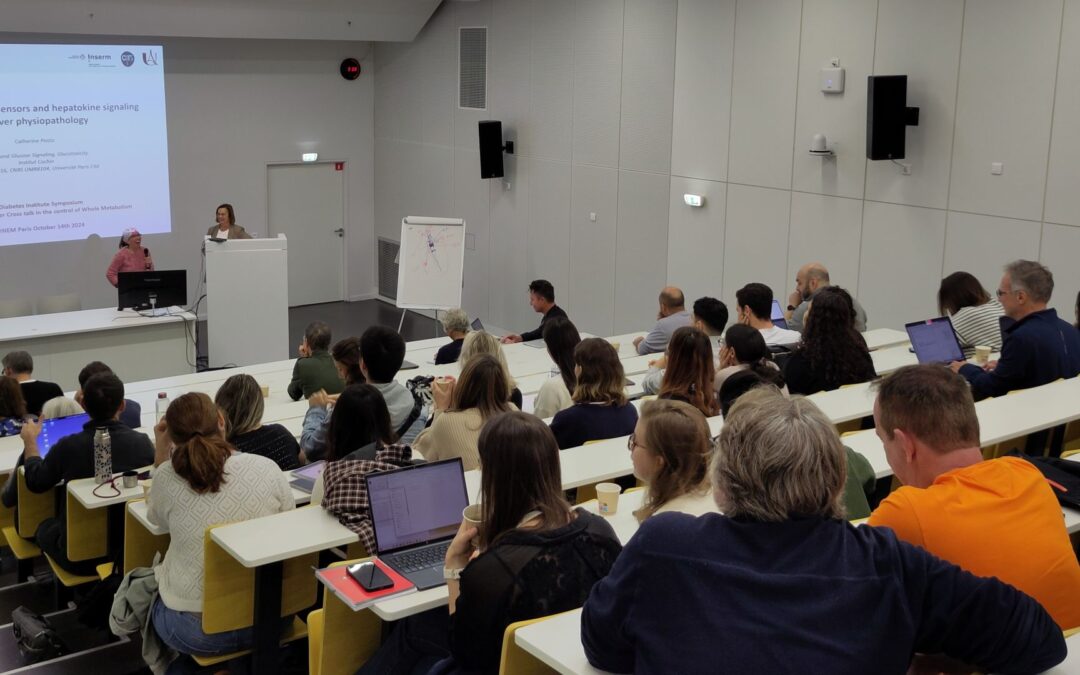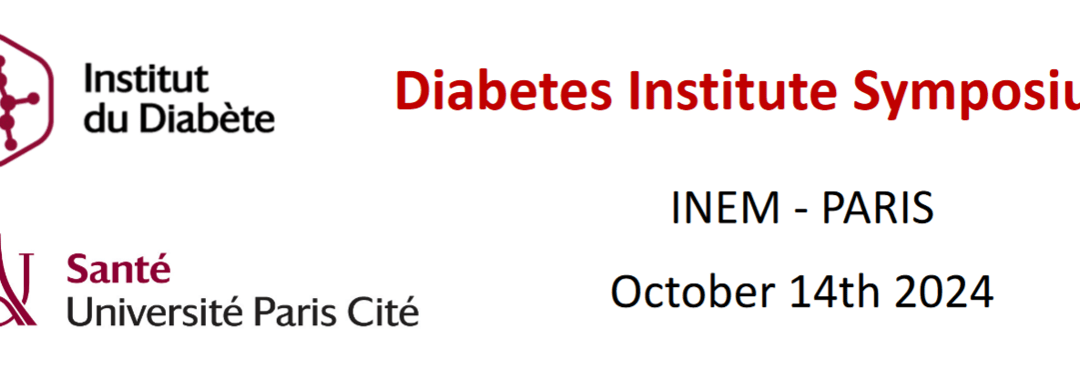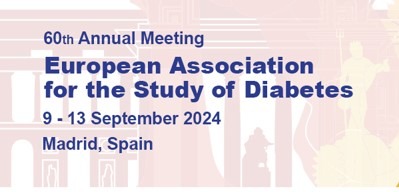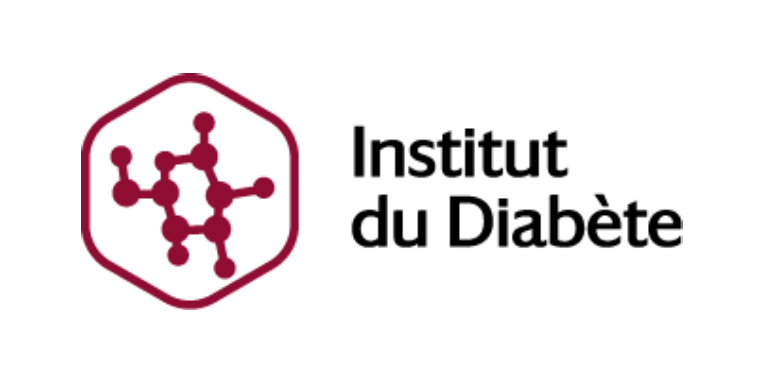Inflammatory and immune etiology of type 2 diabetes

Trends in Immunology
Highlights
-
A specific type 2 diabetes (T2D) patient endotype, termed ‘severe insulin resistant’, is characterized by an atypical blood inflammatory response.
-
Immune predisposition might modulate pancreatic insulin secretion and insulin effects on metabolic organs such as the liver and adipose tissue.
-
Monocyte and macrophage activation might be used as a putative surrogate for tissue alterations in T2D.
-
The identification of early monocyte- and macrophage-specific biomarkers is required to assign an ‘inflammatory-mediated T2D’ endotype.
Abstract
Keywords
- type 2 diabetes
- endotype
- immunity
- tissue macrophages
More about this article

Post Doctoral Position
Fully funded 2-year Post-doctoral position in the team of Dr. Ralf JOCKERS, at Institute Cochin

2024 Scientific Annual Day of the Diabetes institute
On Monday, October 14th, the annual Diabetes Institute Scientific Day took place, bringing together around 100 participants at the INEM. Opening of the Annual Scientific Day of the Diabetes Institute Maude LE GALL - Co-Director of the institute (left) Catherine POSTIC...

Diabetes Institute scientific day
The overall goal of this Diabetes Institute scientific day is to provide the most important and up-to-date research in the field of metabolism made at University Paris Cité. The workshop will focus on understanding the recent progress in adipose tissue and liver biology including metabolic and inflammatory processes in the control of the energy homeostasis. Special emphasis will be done to highlight the importance of the organ crosstalk and how signaling pathways in one tissue could affect the metabolism in other tissue.

Les jeunes de l’IHM seront à l’EASD
L’IHM Diabète est heureux d’aider les jeunes à participer à l’EASD en leur attribuant une bourse de 1000€
Rendez-vous en Septembre à Madrid !
